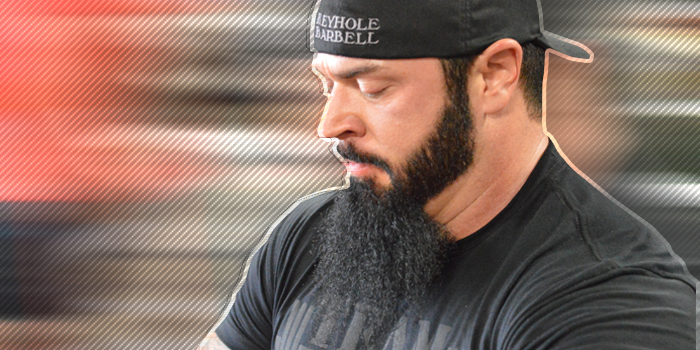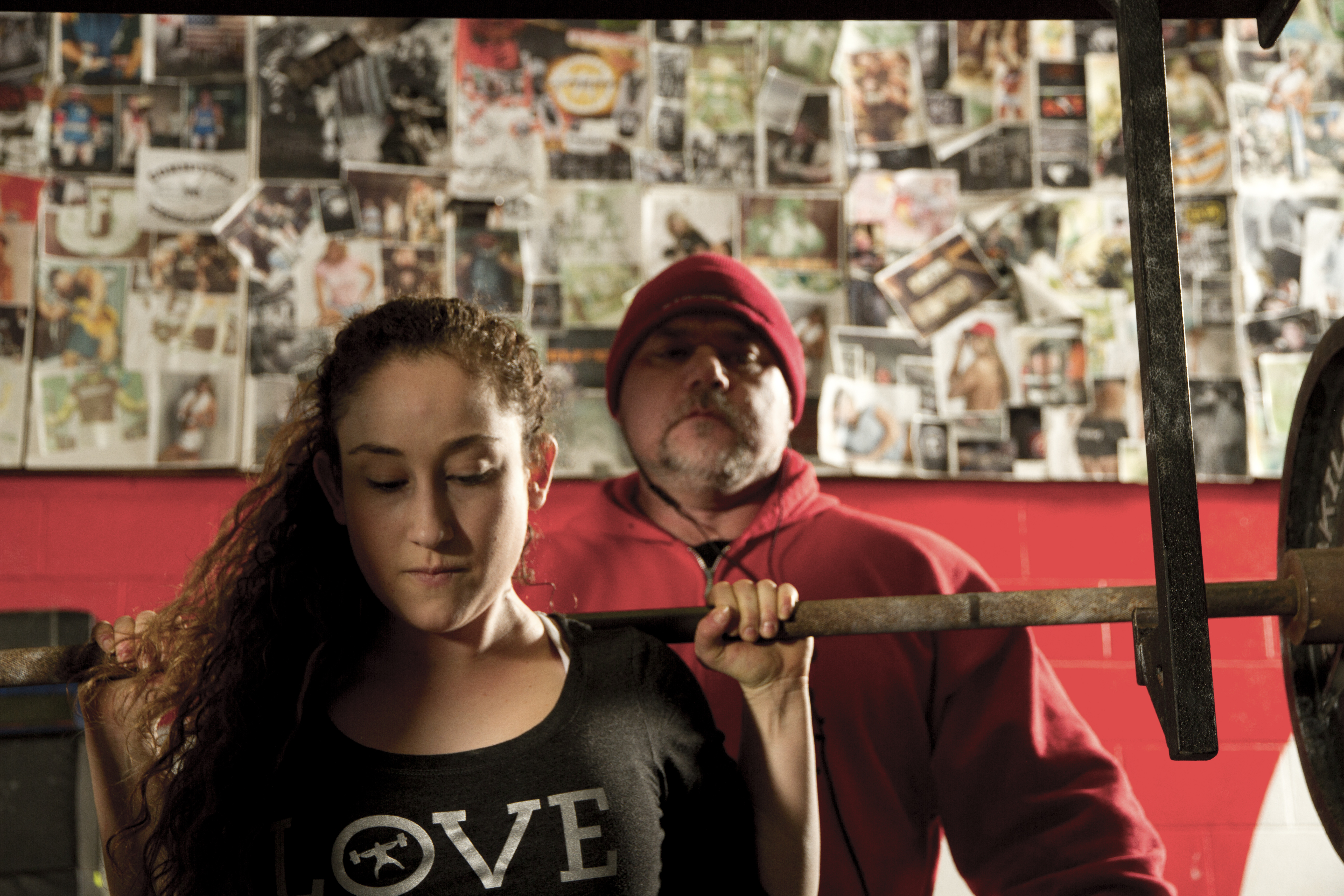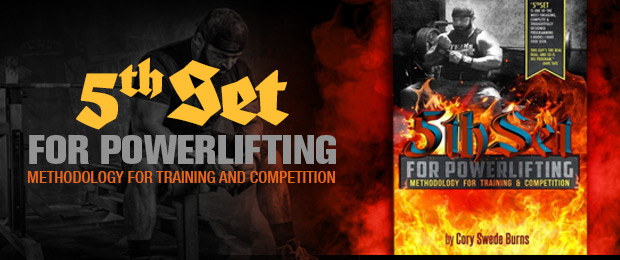
With all of the information currently available on the Internet, and all of the experts and masters who've already established themselves and proven their methods through years of diligent work with actual lifters, I realize it can be very difficult for you newer, younger, would-be experts to gain recognition.
First of all, you don't have much experience. What small experience you do have is more than likely with absolute beginners, because—hey, let's face it—who else is going to listen to someone without a track record or proven skill set? Then, once we take into account that your experience with beginners provides you with a skewed set of information, because just about any type of training works for beginners, it starts to seem like it's going to take forever, if not be completely impossible, for you to amass the credibility to apply your own unique ideas and methods to the training of the truly elite.
I am empathetic and compassionate, so I understand the internal conflict you must feel, and I know the question you are probably struggling with.
How does one with a vision for, an understanding of, maybe even a degree in a given field, station oneself in a position of trustworthiness to potential clients without a body of experience?
I've put together this helpful list of things you can do to garner decades worth of credibility, practically overnight.
1) Identify the "competition."
"Who is the competition," you might ask. That's a reasonable question.
In any other profession, you might consider these people mentors, peers, or even colleagues, but in the world of strength, experts with a wealth of experience only make your lack thereof stand out like a sore thumb, so they are your enemies. If you want to appear qualified, you have to distance yourself from those who actually are qualified.
Set your aim high here. Why settle for someone simply notable, when you can climb on the shoulders of an icon? Anywhere from 10 to as much as 30 years or so of practical experience will do.
Remember: the better they are, the better you will look when you trash their silly rhetoric, juxtaposing it with your own brilliance.
2) Discredit the "competition."
Now that we have identified the competition, the next step is to whittle away at the credibility of the methods they use. If you can find a way to misapply the methods entirely and show that they don't work well under a certain circumstance, that's a good start.
You see, in order for your way of training to have any merit, it must conflict to at least some degree with what others have done to this point.
It's important to understand that two different methodologies cannot exist in the same training universe. They cannot both work. If one is different from the other, they cannot both be right. This means in order for your ideas to be valid, you must first discredit or modify the ideas of the giants who've come before you.
It's alright to take internships working for these masters of the industry, even hire them to program for, or coach you, but only to put yourself in a position to pick apart their methods from an inside perspective. This might even give you some traction to discredit the experts who came before them, which they learned from. Imagine how much juice you will get if you pull that off?
3) Write an article.
Take things a step further by writing an article or blog post, and be sure to include in the title the name of an icon or iconic system of training.
You will want to dissect and disapprove of said icon's strategies. Lists like this one make awesome click-bait, so if you make a list with a title like "5 Reasons [insert pillar of the strength community] Is Wrong About Everything," much of the Internet will be witness to your mastery.
Do not hesitate to mention your own goals, as well as your current levels of strength, even if you are a guy and they are currently on par with many females competing in your weight class. If anyone brings up that there are a handful of pretty young girls who can out-lift you, just respond with something like "hey, Sheiko isn't very strong, either." This will force them to compare you to Sheiko and thereby, put you on his level. See how this works?
Be sure to wrap things up by acknowledging that there may be some merit to the teachings of the master you are attacking (this is called "taking the high road"), but reiterate the glaring flaws and loopholes in said master's logic, and again take the opportunity to juxtapose it with your own, superior logic.
Include a picture of yourself and a short bio, erasing any doubt that you look 15 years old and are unable to even grow a beard.
4) Start a GoFundMe page.
Now that you've demonstrated that the strength industry as a whole is currently in a state of ruin, and could not only benefit from your intellect, but is in dire need of it, you'll need to rally a call to arms.
Make a page on a fundraising website, where backers can donate money to help you create a training system, or a book, even a video. Be sure to not only bring the shortcomings of a widely popular training method into the spotlight, but also use your experience with this method to qualify yourself. Bring morality into this, as well, and try to use terms like "body positive," or "socially conscious" for social justice points.
5) Profit.
Well, unfortunately, there is no way to actually profit from being a complete and utter clown-dick, as so many have already found out, and are still finding out, the hard way. No one is going to donate money for you to write a book or a program. No one cares about your teachings because, well, you haven't accomplished anything yet.
As anyone who has been at this for 20 years or so will tell you, when I was two to four years in, I had everything figured out already. I'd read everything available about training, twice. I'd copied and modified the techniques of true masters and done fairly well for myself. I realized what they were doing wrong, and I "fixed" those things.
So, where is the problem? Well, over the next 16 years, I gained quite literally ten times or more experience than I had two to four years in. My client base expanded. I began working with higher level athletes. Almost all of the things that I was certain were wrong about how more experienced people were doing things, were proven, in time, to be absolutely correct.
RELATED: Learning Things the Hard Way
Spend a decade of your life listening to and learning from people who've been doing this longer than you. Apply their methods. Make modifications where necessary. Be open to the idea that you might not know as well as they do. Try to keep in mind that ideas you are having, they've already more than likely had, many years ago. Learn as much as you can from them, especially the mistakes they've made. Above all, show some fucking respect to those above your station. They have earned it.
Keep good records of everything you do and be a student of your own experience. This way, down the road, you will be able to develop your own educated beliefs about what works and what doesn't. That is, once your well of experience becomes deep enough to draw from.
If you want to work with the truly elite, a good start is to take a beginner and work with them until they are truly elite.
You cannot earn credibility overnight. This article was satire, the whole list was. You can, however, earn respect by showing it to the people who've come before you and probably already forgotten more about training than you know at this point. Respect always precedes credibility; it's never the other way around. Remember that.













1 Comment